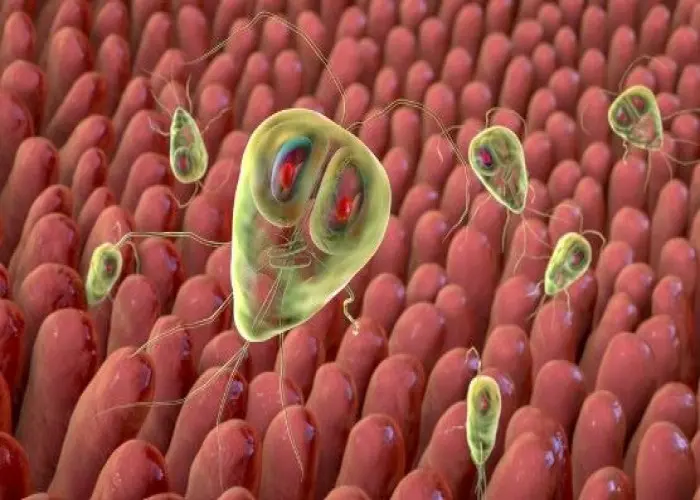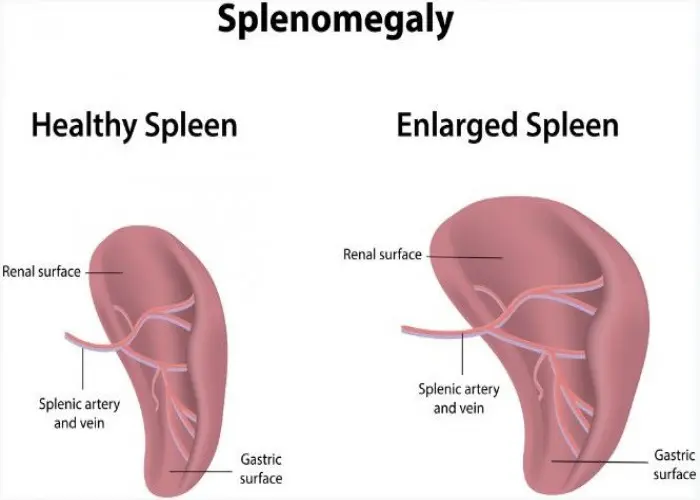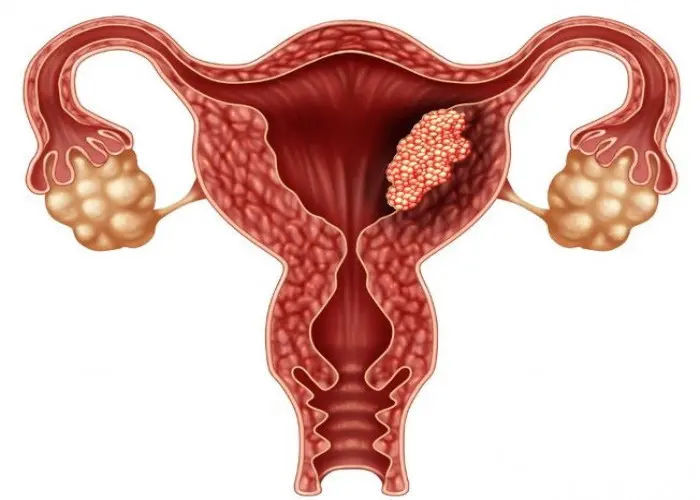 Welcome
Welcome
“May all be happy, may all be healed, may all be at peace and may no one ever suffer."
Plague

Plague is an infectious disease caused by the bacteria Yersinia pestis. It is a potentially life-threatening disease that primarily affects rodents, but it can also be transmitted to humans through the bites of infected fleas or contact with infected animals or their fleas.
There are three forms of plague: bubonic, septicemic, and pneumonic. Bubonic plague is the most common form and is characterized by the sudden onset of fever, chills, weakness, and painful swelling of the lymph nodes, or buboes, in the groin, armpit, or neck. Septicemic plague occurs when the bacteria multiply in the blood, leading to septic shock, a life-threatening condition characterized by low blood pressure and organ failure. Pneumonic plague is the most serious form of the disease and occurs when the bacteria infect the lungs, causing symptoms such as cough, fever, chest pain, and shortness of breath. Pneumonic plague can be transmitted from person to person through respiratory droplets and can cause severe respiratory distress and death.
Diagnosis of plague typically involves laboratory tests to detect the presence of Yersinia pestis bacteria in blood, sputum, or other body fluids.
Treatment for plague involves antibiotics, such as streptomycin, gentamicin, or doxycycline. Early treatment is important to prevent serious complications and death. Patients with pneumonic plague may require additional treatments, such as oxygen therapy, mechanical ventilation, and supportive care.
Prevention of plague involves avoiding contact with infected animals and their fleas, wearing protective clothing, using insect repellent, and practicing good hygiene, such as washing hands frequently and avoiding touching the face. Vaccines are available for those at high risk of exposure to the bacteria, such as laboratory workers and military personnel. If you suspect you have been exposed to the plague, it is important to seek medical attention immediately to receive appropriate treatment.
Research Papers
Disease Signs and Symptoms
- Headaches
- Fever
- Chest pain
- Irregular breathing
- Situated in the groin, armpit or neck
- Bleeding from mouth, nose or rectum, or under the skin
- Blackening and death of tissue (gangrene) in extremities, most commonly fingers, toes and nose
- Plantar fasciitis typically causes a stabbing pain in the bottom of the foot near the heel.
- Triggered by long periods of standing or when getting up after sitting.
- Nausea or vomiting
- Cough
- Fatigue (Tiredness)
- Muscle pain
- Fever and chills
- Weakness
- Abdomen pain
- Diarrhea
- Bleeding from mouth
- Nose bleeding
- The pain is usually worse after exercise.
Disease Causes
Plague
The plague bacteria, Yersinia pestis, is transmitted to humans through the bites of fleas that have previously fed on infected animals, such as:
- Rats
- Mice
- Squirrels
- Rabbits
- Prairie dogs
- Chipmunks
- Voles
The bacteria can also enter your body if a break in your skin comes into contact with an infected animal's blood. Domestic cats and dogs can become infected with plague from flea bites or from eating infected rodents.
Pneumonic plague, which affects the lungs, is spread by inhaling infectious droplets coughed into the air by a sick animal or person.
Disease Prevents
Plague
No effective vaccine is available, but scientists are working to develop one. Antibiotics can help prevent infection if you're at risk of or have been exposed to plague. Take the following precautions if you live or spend time in areas where plague outbreaks occur:
- Rodent-proof your home. Remove potential nesting areas, such as piles of brush, rock, firewood and junk. Don't leave pet food in areas that rodents can easily access. If you become aware of a rodent infestation, take steps to control it.
- Keep your pets free of fleas. Ask your veterinarian which flea-control products will work best.
- Wear gloves. When handling potentially infected animals, wear gloves to prevent contact between your skin and harmful bacteria.
- Use insect repellent. Closely supervise your children and pets when spending time outside in areas with large rodent populations. Use insect repellent.
Disease Treatments
Medications
As soon as your doctor suspects that you have plague, you'll need to be admitted to a hospital. You'll receive powerful antibiotics, such as:
- Gentamicin
- Doxycycline (Monodox, Vibramycin, others)
- Ciprofloxacin (Cipro)
- Levofloxacin
- Moxifloxacin (Avelox)
- Chloramphenicol
Disease Diagnoses
Disease Allopathic Generics
-
Steptomycin
Streptomycin is a specific drug for this disease.
7.5mg - 15mg per kg of body weight should be injected intramuscularly every 6-12 hours for 10-12 days.
-
Tetracycline Hydrochloride (Oral)
250mg / 500mg capsules to be taken every 6 hours.
-
Oxytetracycline
Consume 1-2 capsules every 6 hours.
-
Chloramphenicol (Oral)
1 spoon 4 times a day.
-
Cotrimoxazole
2 pills in the morning 2 pills in the afternoon (10 days) or DS 1+0+1.
-
Hyoscine Butylbromide
1/2 pill 3 times a day or 1 injection 1/2 time in the flesh.
-
Sulphamethoxazole + Trimethoprim
1/2, 1 teaspoon in the morning and 1/2, 1 teaspoon in the afternoon.
-
Meclizine Hydrochloride
1 time daily.
-
Dextrose
If symptoms of weakness or heart failure occur.
5% dextrose in aqua should be given intravenously at 40-50 drops per minute.
-
Monosemicarbazone Adrenochrome
Adrenochrome monosemicarbazone is a medicine to stop bleeding.
1 injection into the flesh.
Disease Ayurvedic Generics
Disease Homeopathic Generics
Disease yoga
Plague and Learn More about Diseases

Malignant hyperthermia

Ameloblastoma

Chemo brain

Dog Bite

Giardia infection (Giardiasis)

Enlarged spleen (splenomegaly)

Male breast cancer

Endometrial cancer
plague, প্লেগ
To be happy, beautiful, healthy, wealthy, hale and long-lived stay with DM3S.
